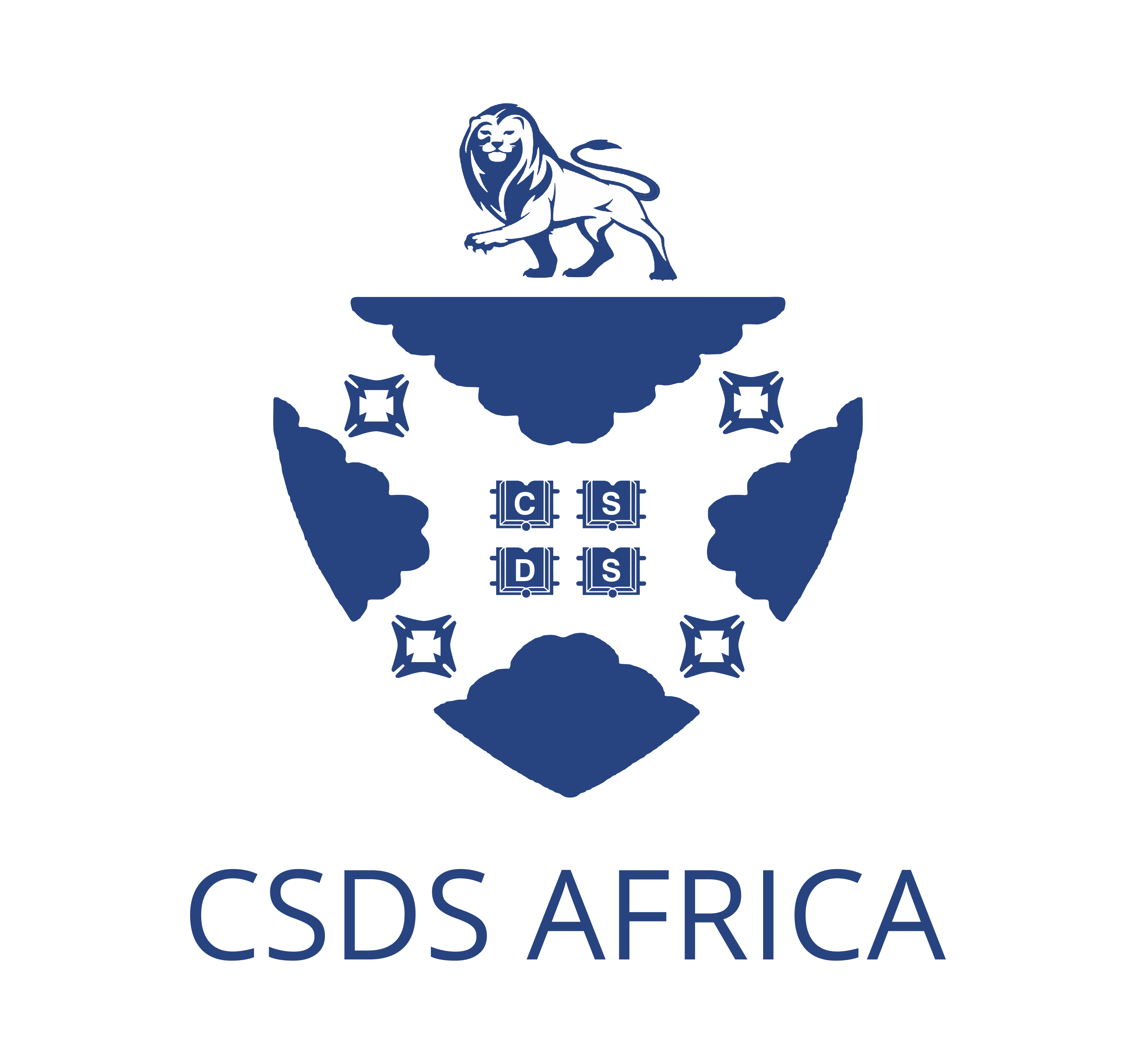MOROCCO RISK REPORT
Security travel advice for Morocco
SECURITY INFORMATION
Threat level: Medium-High
The general travel safety advice for Morocco is to exercise caution and be wary at all times against petty crime in popular destinations. This is the main risk due to tourist being targeted, however there is, as with many European countries an underlying threat of terrorism.
Recent Security Risk Events
Morocco has managed to evade most of the upheaval and terrorist affiliated attacks in nearby Algeria, Libya and Tunisia. However intelligence services have been monitoring sleeper cells in the region and recently stopped a terrorist plot to use chemical weapons within four cities in Morocco.
There have been a small number of terror attacks in Morocco over the past decade. The last incident was in 2011, a bombing killing 17 people, targeting tourists Marrakesh. The Government of Morocco blamed “Al-Qaeda in the Islamic Maghreb” (AQ-IM) for the bombing but many intelligence experts think it more likely “The Moroccan Islamic Combatant Group” or “Moroccan Islamic Fighting Group” was responsible; a small Sunni Islamist terrorist organization affiliated with Al-Qaeda.
Security Risks
Moroccan is a generally a safe country with very little knife and gun crime. If possible stay in main areas away from alleyways and remote locations. There is an issue with theft and fraud, scams and confidence tricks, and these issues are mostly focused on the tourist areas such as resorts and beaches.
Harassment of individuals by themselves is prevalent, therefore it is advised you explore the country with an official tour guide. Females in particular can be subject to unwanted interest and physical sexual assault such as groping.
You may be asked for proof of marriage when travelling as a couple, if this is not provided hotels will insist you have separate rooms. Homosexuality is illegal in Morocco so discrete behaviour is advised.
Due to its strong religious influence in the country, it is advised that you are respectful and follow laws and customs practiced by the local citizens. This includes dressing modestly and refraining from wearing expensive jewellery to avoid attracting unwanted attention.
It is advised to not walk around outside of resort areas after dark. There have been some issues with muggings but overall violent crime is not a major problem in Morocco.
International Relations
Morocco has good international ties with close relations with Saudi Arabia and the Persian Gulf states Morocco is a majority Sunni country, of which at times has heightened diplomatic tensions with non-Sunni states. In previous years, there have been disputes with Morocco’s administrative control of Western Sahara.
The country enjoys economic relations with France and Spain, both of which are key primary trade partners, creditors and foreign investors. France has supported Morocco in a number of ways, including helping their military with both equipment and training during times of need.
Travel considerations
The roads systems are very good in Morocco on the whole, although some areas in the countryside do not achieve such high standards. Despite the adequate condition of the roads, the standard of driving is poor and fatal and severe road accidents are commonplace. There is poor street lighting in many areas and drivers often do not use lights at night and nor do they indicate when turning. Be aware at all times when operating a vehicle.
When travelling long distances by car, it is recommended that you ensure you have adequate supplies of fuel, food and water at all times, as well as carrying maps and a GPS in the vehicle. This will help to make sure that your journey is as smooth and trouble free as possible.
If you are involved in a road accident in Morocco you should complete a “Constat Amiable” form, to be signed by both parties. Forms are available from the insurance company booths and from tobacconists in all cities. If the road accident results in injury to the other part, you should contact your Embassy as you could be liable for arrest and prosecution. It is important that you drive with caution and remain alert to the roads at all time to prevent the risk of this happening.
Morocco is known to occasionally experience small earthquakes. This can sometimes effect the condition of roads in more rural areas. Flooding is also an issue in some areas of the country and should be taken into consideration during travel within Morocco.
GENERAL INFORMATION
Official languages: Arabic (Moroccan Arabic)
Religion: Islam (Sunni Islam)
Currency: Moroccan Dirham
Visa requirements
EU, UK and US visitors do not require a visa for a visit of up to 90 days. Visitors from all other countries should check with their Embassy or Consulate.
Immunisations
It is advised that visitors to the Morocco are up-to-date with primary boosters such as MMR. You should ensure that you have been further vaccinated against diseases such as Tetanus, which is usually administered when you are a young baby. You may also want to consider Typhoid and Hepatitis A vaccinations. Check with your local health professional prior to travel if you are unsure.
Other health risks
Personal hygiene must be paramount, the local water supply avoided at all costs and bottled water inspected prior to consumption. There have been a number of cases of bottled water being refilled with tap water and re-sold.
Medical care varies greatly out of the main cities and large towns. All medical care must be paid for on the spot using cash payment – credit cards are not widely accepted. It is important that you ensure you have comprehensive medical and travel insurance as health care can prove expensive.
CONSULAR INFORMATION
U.S. Embassy Rabat
Km 5.7, Avenue Mohamed VI,
Souissi,
Rabat,
10170,
Morocco
Telephone: +212 5376 37200 (Rabat)
Telephone: +212 5222 64550 (Casablanca)
Emergency After-Hours Telephone: +212 6611 31939
Email: nivcasablanca@state.gov
Email: acscasablanca@state.gov
British Embassy Rabat
28 Avenue S.A.R. Sidi Mohamed,
Rabat,
10105,
Morocco
Telephone: +212 5376 33333
Email: rabat.consular@fco.gov.uk



